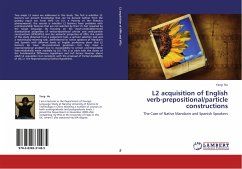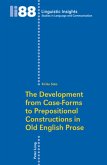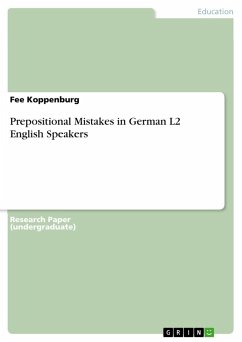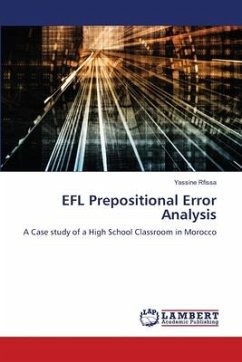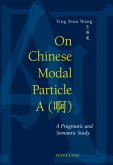Two major L2 issues are addressed in this study. The first is whether L2 learners can present knowledge that can be derived neither from the primary input nor from their L1s (i.e. a Poverty of the Stimulus phenomenon); the second is whether L2 learners have problems with uninterpretable features that are not selected by their L1s but required by the target language. By focusing on the input-underdetermined distributional properties of verb-prepositional phrase and verb-particle constructions (VPPs/VPCs) and the semantic properties of VPPs, the results of this study obtained from a judgement task, a cartoon selection task and a matching-by-meaning task, administered to native speakers of Mandarin and Spanish with different levels of English proficiency, show that L2 learners do have UG-constrained grammars but may have a representational problem due to inaccessibility to certain uninterpretable feature(s)initially made available by UG. This is at odds with the claims of the Fundamental Difference Hypothesis and Full Access theories about adult L2 acquisition but consistent with the proposal of Partial Availability of UG,i.e. the Representational Deficit Hypothesis.
Bitte wählen Sie Ihr Anliegen aus.
Rechnungen
Retourenschein anfordern
Bestellstatus
Storno

